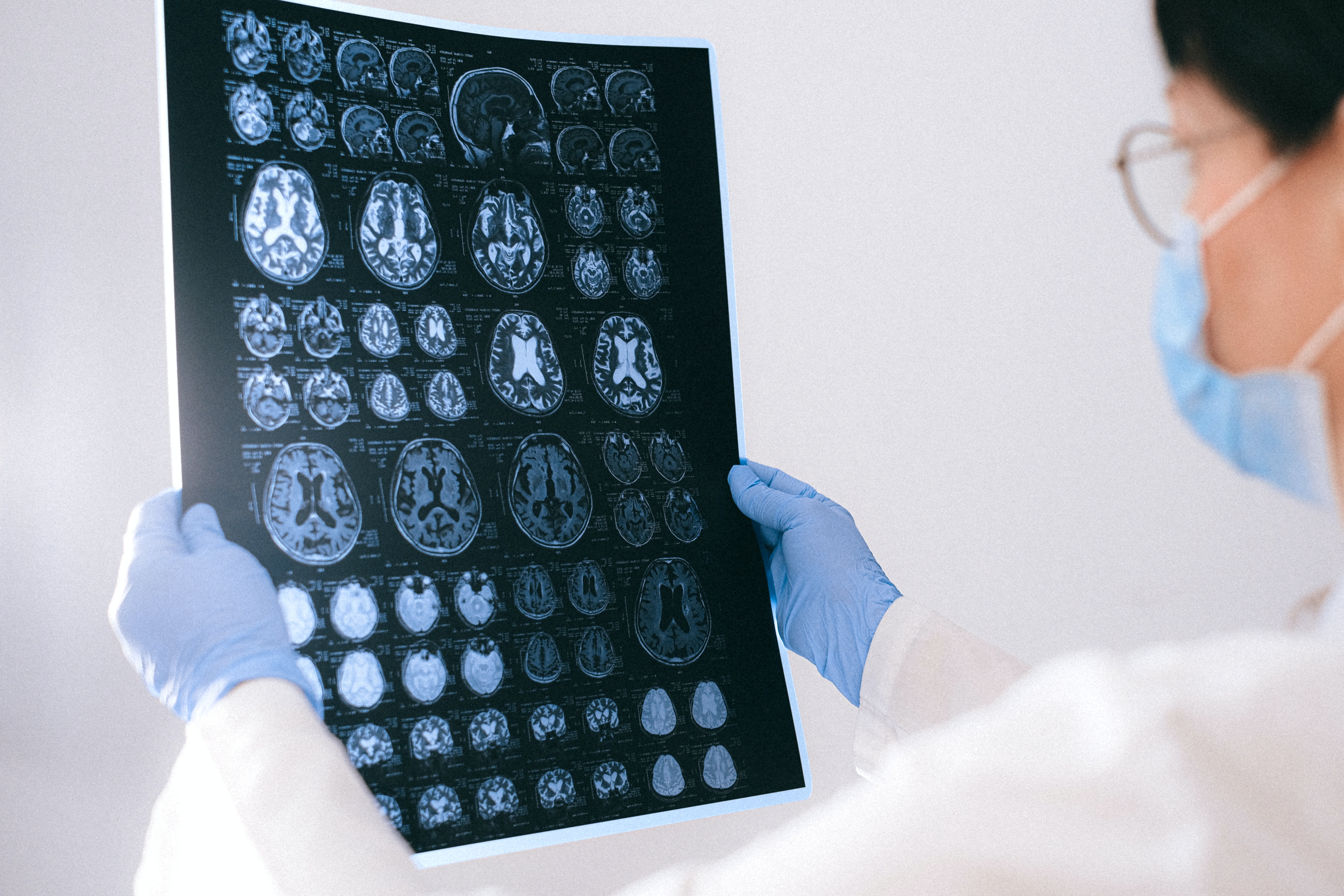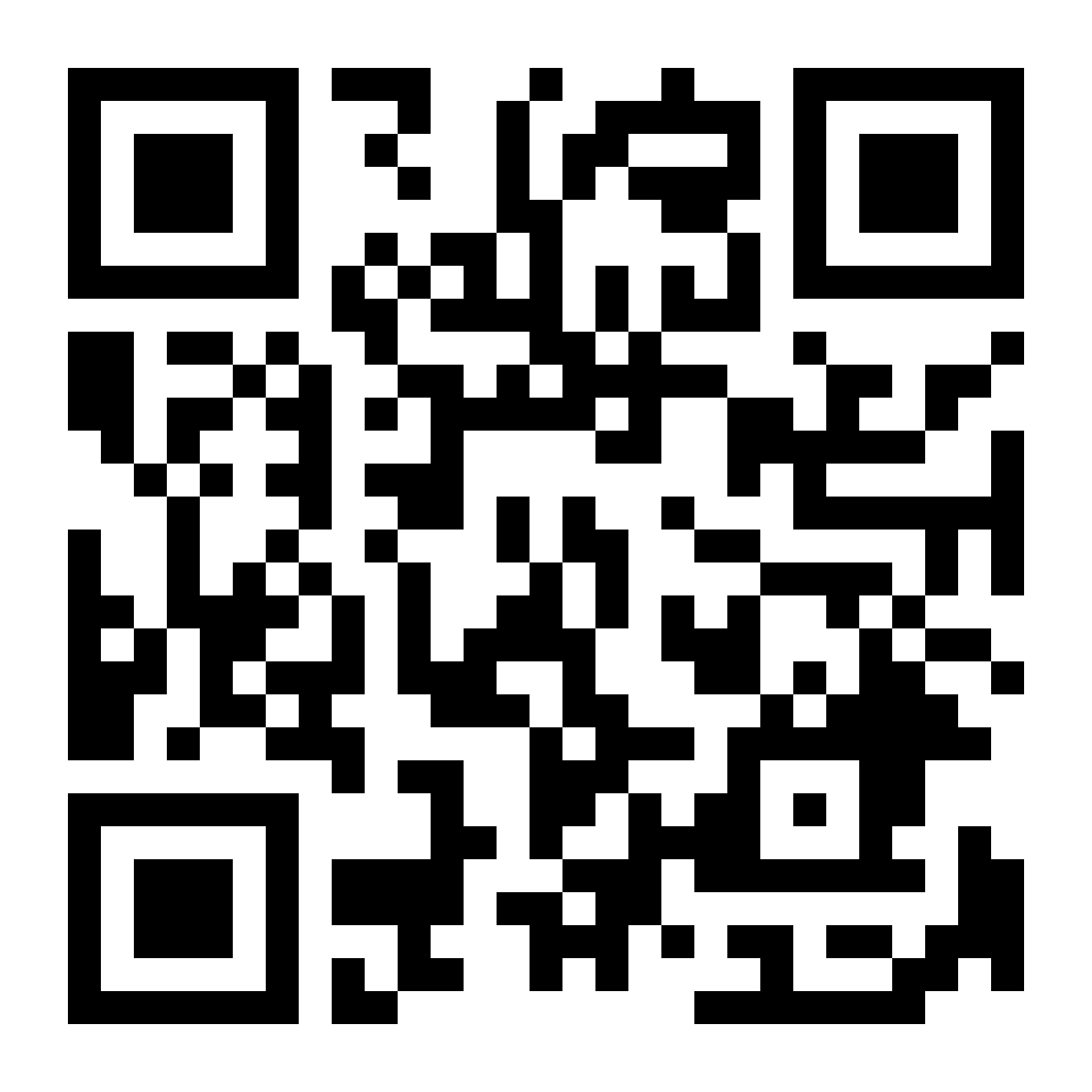A happy gut leads to a happy mind, and a happy mind leads to a happy life.
The brain has a direct effect on the gut and vice versa. Stop and think of a time when you got excited about an event, that nervous yet exciting feeling (a.k.a the butterflies) mixed in your stomach. That feeling immediately reports from the gut to the brain, and that's how you ultimately know what you are feeling. These feelings are natural occurrences and can arise from the bacteria in the gut communicating directly to the emotional and intuitive parts of the brain via messengers called cytokines.
Because our gut and our brain are so deeply connected, it's important to nourish both systems efficiently. When our gut health is not optimally thriving, we are more prone to anxiety, depression, stress and the misuse of alcohol. Our minds ultimately mirror how our gut feels.
It's essential to focus on correlating factors such as those listed below to achieve optimal gut health:
- Enjoying daily movement.
- Nourishing your body effectively.
- Becoming in tune with your mind/body cues.
- Getting adequate sleep.
- Staying hydrated.
You might be asking yourself, what counts as "daily joyful movement?" Daily joyful movement is exercising in a way YOU like to. Exercising does not need to be a drag. It doesn't mean that you need to hit the gym or a HIIT class that overwhelms you, but it does mean finding joy in such activities as walking, jogging, or stretching. The key is to start slow. Set a goal for yourself each week and progress depending on how you feel. For example, start with a 10-minute walk per day for at least four days of the week. The following week tack on 5-10 minutes per day and so forth. It's always good to have long and short-term goals that are attainable.
Nourishing your body is not solely about what you eat (though eating has a significant impact). Instead, "nourishing" encourages you to notice how you treat and manage your body. That's right; we are talking about self-care! Self-care is HUGE and can impact us more than imaginable. It tends to look different person-to-person depending on preferences. Some people practice self-care by grounding themselves on the beach and digging their toes in the sand. Others may be meditating or practicing yoga. I challenge you to try out what makes YOU feel good and refreshed daily.
"How do I become more in tune with my mind/body cues? What even are mind/body cues?" These cues are the ones your brain and gut have immediate communication signaling when you're physically, mentally, or even emotionally hungry/full/satiated, and so forth. Therefore, it is vital to begin incorporating more mindfulness gestures into your daily routine to start this practice. Begin by taking a few minutes in the morning for yourself, read a few pages of your favorite book, or journal something positive to start your day. Then, get sunshine as soon as possible for at least 5-10 minutes; sun exposure helps reduce our stress levels. Also, do not forget to take care of your oral health! Our digestive processes begin in the mouth, so brushing your teeth in the mornings and evenings is crucial to rid any excess bacteria that may soil the GI tract.
Another way to become more intune with yourself includes planning out your meals so you aren't scrambling when it comes time to eat. When eating, practicing mindfulness can range from chewing each bite thoroughly to eating without screen distractions (TV/Computer/Phone/Ipad, etc.) When we begin incorporating such practices, our brain-gut connection gets more robust. We can tell when we are hungry or full in a more obvious way.
Getting adequate sleep (>7 hours per night) is critical to our wellness, especially when it comes to brain-gut health. Without enough quality sleep, our brain-gut cues can diminish. Likewise, when we drink alcohol, it is scientifically proven that quality sleep is out of the picture. As a result, our circadian rhythms get disturbed when stimulants or substances interfere.
Ensuring our hydration is on point is a significant part of the process. If you are unsure how much water to drink, divide your weight in half and aim for that amount in ounces. If you find yourself drinking only 1-2 cups of water per day, and the number you calculated encourages you to drink 8, start slowly by adding a cup of water per week until you hit your goal. Once your body is adequately hydrated, your bodily functions are optimized. Your body will thank you, and you will realize all of the water you've been missing daily. Say goodbye to those mid-afternoon headaches!
Here's a challenge for you, take at least 5 minutes out of your day to spend on yourself utilizing any of the tools mentioned above. Which one will be the first one you implement?
A happy gut leads to a happy mind, and a happy mind leads to a happy life.
The brain has a direct effect on the gut and vice versa. Stop and think of a time when you got excited about an event, that nervous yet exciting feeling (a.k.a the butterflies) mixed in your stomach. That feeling immediately reports from the gut to the brain, and that's how you ultimately know what you are feeling. These feelings are natural occurrences and can arise from the bacteria in the gut communicating directly to the emotional and intuitive parts of the brain via messengers called cytokines.
Because our gut and our brain are so deeply connected, it's important to nourish both systems efficiently. When our gut health is not optimally thriving, we are more prone to anxiety, depression, stress and the misuse of alcohol. Our minds ultimately mirror how our gut feels.
It's essential to focus on correlating factors such as those listed below to achieve optimal gut health:
- Enjoying daily movement.
- Nourishing your body effectively.
- Becoming in tune with your mind/body cues.
- Getting adequate sleep.
- Staying hydrated.
You might be asking yourself, what counts as "daily joyful movement?" Daily joyful movement is exercising in a way YOU like to. Exercising does not need to be a drag. It doesn't mean that you need to hit the gym or a HIIT class that overwhelms you, but it does mean finding joy in such activities as walking, jogging, or stretching. The key is to start slow. Set a goal for yourself each week and progress depending on how you feel. For example, start with a 10-minute walk per day for at least four days of the week. The following week tack on 5-10 minutes per day and so forth. It's always good to have long and short-term goals that are attainable.
Nourishing your body is not solely about what you eat (though eating has a significant impact). Instead, "nourishing" encourages you to notice how you treat and manage your body. That's right; we are talking about self-care! Self-care is HUGE and can impact us more than imaginable. It tends to look different person-to-person depending on preferences. Some people practice self-care by grounding themselves on the beach and digging their toes in the sand. Others may be meditating or practicing yoga. I challenge you to try out what makes YOU feel good and refreshed daily.
"How do I become more in tune with my mind/body cues? What even are mind/body cues?" These cues are the ones your brain and gut have immediate communication signaling when you're physically, mentally, or even emotionally hungry/full/satiated, and so forth. Therefore, it is vital to begin incorporating more mindfulness gestures into your daily routine to start this practice. Begin by taking a few minutes in the morning for yourself, read a few pages of your favorite book, or journal something positive to start your day. Then, get sunshine as soon as possible for at least 5-10 minutes; sun exposure helps reduce our stress levels. Also, do not forget to take care of your oral health! Our digestive processes begin in the mouth, so brushing your teeth in the mornings and evenings is crucial to rid any excess bacteria that may soil the GI tract.
Another way to become more intune with yourself includes planning out your meals so you aren't scrambling when it comes time to eat. When eating, practicing mindfulness can range from chewing each bite thoroughly to eating without screen distractions (TV/Computer/Phone/Ipad, etc.) When we begin incorporating such practices, our brain-gut connection gets more robust. We can tell when we are hungry or full in a more obvious way.
Getting adequate sleep (>7 hours per night) is critical to our wellness, especially when it comes to brain-gut health. Without enough quality sleep, our brain-gut cues can diminish. Likewise, when we drink alcohol, it is scientifically proven that quality sleep is out of the picture. As a result, our circadian rhythms get disturbed when stimulants or substances interfere.
Ensuring our hydration is on point is a significant part of the process. If you are unsure how much water to drink, divide your weight in half and aim for that amount in ounces. If you find yourself drinking only 1-2 cups of water per day, and the number you calculated encourages you to drink 8, start slowly by adding a cup of water per week until you hit your goal. Once your body is adequately hydrated, your bodily functions are optimized. Your body will thank you, and you will realize all of the water you've been missing daily. Say goodbye to those mid-afternoon headaches!
Here's a challenge for you, take at least 5 minutes out of your day to spend on yourself utilizing any of the tools mentioned above. Which one will be the first one you implement?









